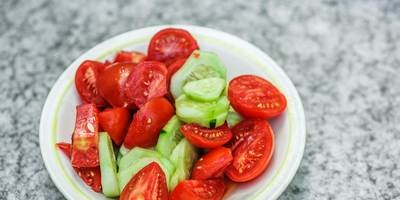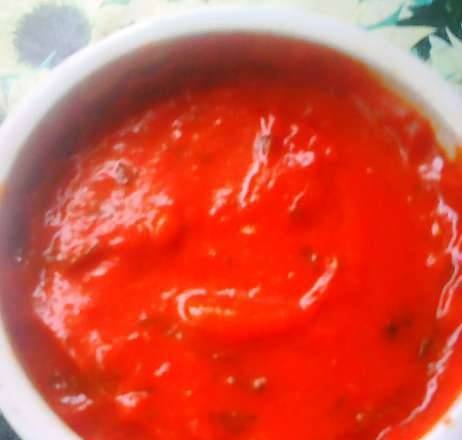How Lycopene Improves the Cardiovascular System |
|
Many health care professionals recommend eating large amounts of fruit and vegetables to reduce the risk of cardiovascular disease. Although this claim is supported by scientific evidence, the specific compounds in these foods that provide cardiovascular protection, as well as their mechanisms of action, have not been established. Carotenoids are a family of red, orange, and yellow pigments that have been linked to cardioprotective effects. There are over 700 pigments in the carotenoid family. However, only lycopene, alpha- and beta-carotene, beta-cryptoxanthin, zeaxanthin and lutein are found in large quantities in human serum. Lycopene, which is often found in tomatoes, has recently received increased attention from the scientific community. This is because research has linked it to a lower risk of prostate cancer and cardiovascular disease. A group of researchers from University of Aberdeen and Robert Gordon University (UK) analyzed the available data on the health benefits of lycopene. Based on this, they proposed mechanisms by which the carotenoid provides cardiovascular protection. Researchers published their findings in a compilation "Food Society Materials".
In this study, researchers suggest that increasing lycopene intake may lower markers of inflammation, reduce the oxidation of bad cholesterol, and modulate good cholesterol functionality. These effects reduce the risk of atherosclerosis and myocardial infarction or heart attack. In addition, lycopene can modulate the activity of T lymphocytes, which contributes to inflammation and, as a result, cardiovascular disease.
Other health benefits of lycopeneIf that's not enough to convince you to increase your lycopene intake, here are some other health benefits you can get from this carotenoid: Lycopene Prevents Oxidative Stress
Lycopene Reduces Cancer RiskStudies have shown that lycopene inhibits the growth of lung and prostate cancer cells by 50 percent. A high intake of lycopene also slows the growth of breast and kidney tumors. Lycopene protects the skin from sunburnHigh consumption of lycopene protects skin from harmful effects ultraviolet (UV) rays sun. In addition, lycopene reduces skin redness after UV exposure by up to 50 percent. Lycopene improves vision
Additional sources of lycopeneTomatoes are the main source of lycopene, accounting for over 80% of lycopene consumption in the west of the country. If you want to consider other sources, here's a list of delicious lycopene-rich ingredients you can also refer to:
A. Mironova (based on materials from harvard.edu and plos.org) |
| What foods can relieve arthritis attacks? | 6 most dangerous street food in India to avoid |
|---|
New recipes
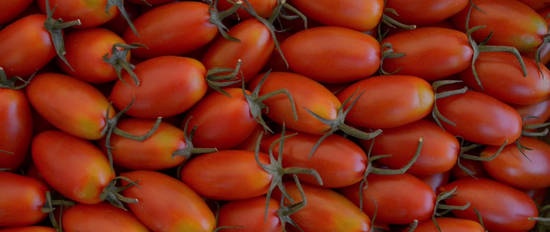 Cardiovascular disease is one of the major health problems in the world. According to the latest estimates Centers for Disease Control and Prevention (CDC), cardiovascular disease accounts for about 610,000 deaths a year. This shows that there is an urgent need for easy and affordable ways to protect the heart.
Cardiovascular disease is one of the major health problems in the world. According to the latest estimates Centers for Disease Control and Prevention (CDC), cardiovascular disease accounts for about 610,000 deaths a year. This shows that there is an urgent need for easy and affordable ways to protect the heart. Numerous studies have shown that lycopene protects against heart disease and cancer by lowering cholesterol, suppressing oxidative stress, modulating markers of inflammation, facilitating cell-to-cell communication, preventing tumor formation, causing programmed cell death, and blocking blood vessel formation. Unfortunately, interventional studies of cardiovascular disease and lycopene have produced mixed results.
Numerous studies have shown that lycopene protects against heart disease and cancer by lowering cholesterol, suppressing oxidative stress, modulating markers of inflammation, facilitating cell-to-cell communication, preventing tumor formation, causing programmed cell death, and blocking blood vessel formation. Unfortunately, interventional studies of cardiovascular disease and lycopene have produced mixed results. Overall, the results of this study indicate that lycopene uses a variety of mechanisms of action to provide cardioprotective effects, which can prevent atherosclerosis and myocardial infarction.
Overall, the results of this study indicate that lycopene uses a variety of mechanisms of action to provide cardioprotective effects, which can prevent atherosclerosis and myocardial infarction.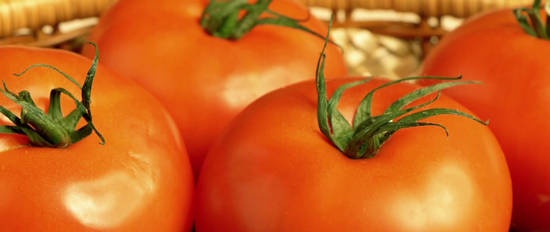 Lycopene has powerful antioxidant activity, which helps to control free radicals. This is important because too many free radicals contribute to oxidative stress, which has been linked to chronic diseases such as cancer,
Lycopene has powerful antioxidant activity, which helps to control free radicals. This is important because too many free radicals contribute to oxidative stress, which has been linked to chronic diseases such as cancer, 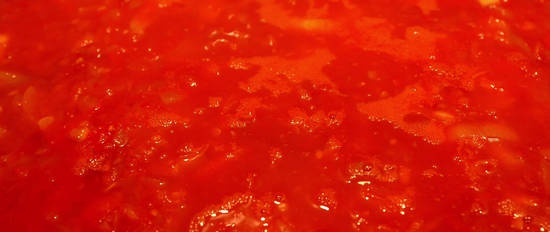 As we age, a person becomes more susceptible to cataracts and macular degeneration, which can develop into blindness. Increasing your lycopene intake can help you prevent or delay these diseases in order to maintain your vision longer.
As we age, a person becomes more susceptible to cataracts and macular degeneration, which can develop into blindness. Increasing your lycopene intake can help you prevent or delay these diseases in order to maintain your vision longer.
